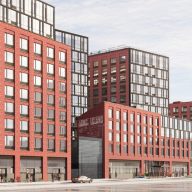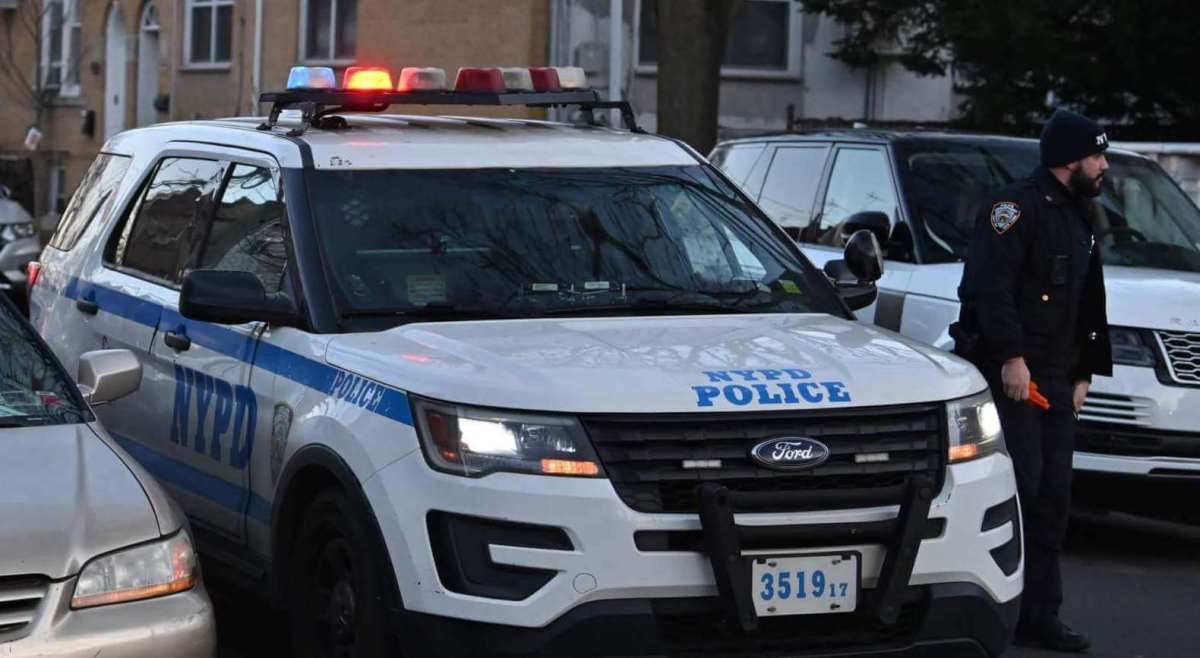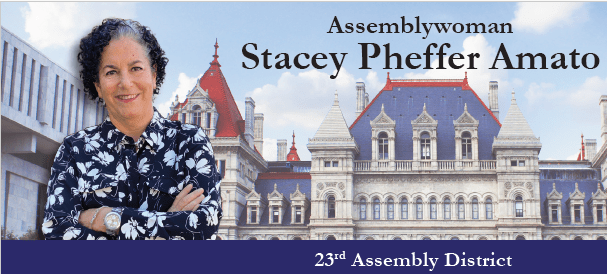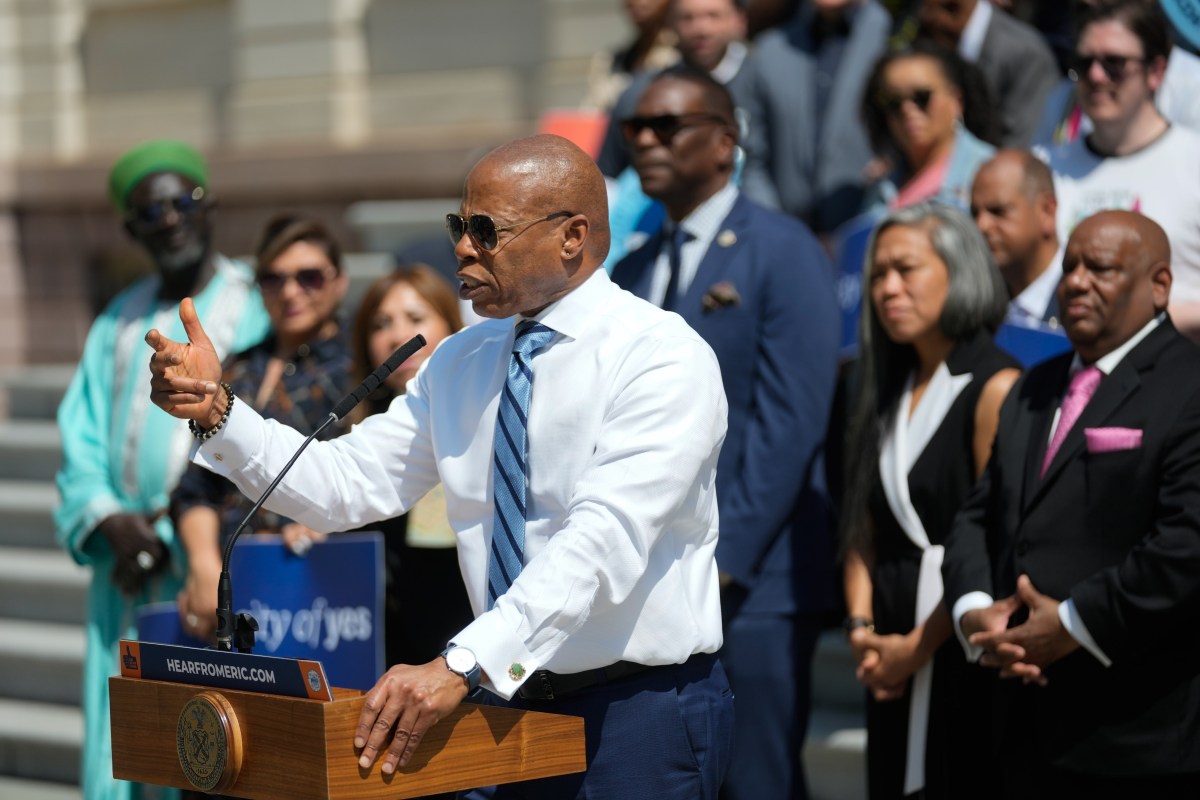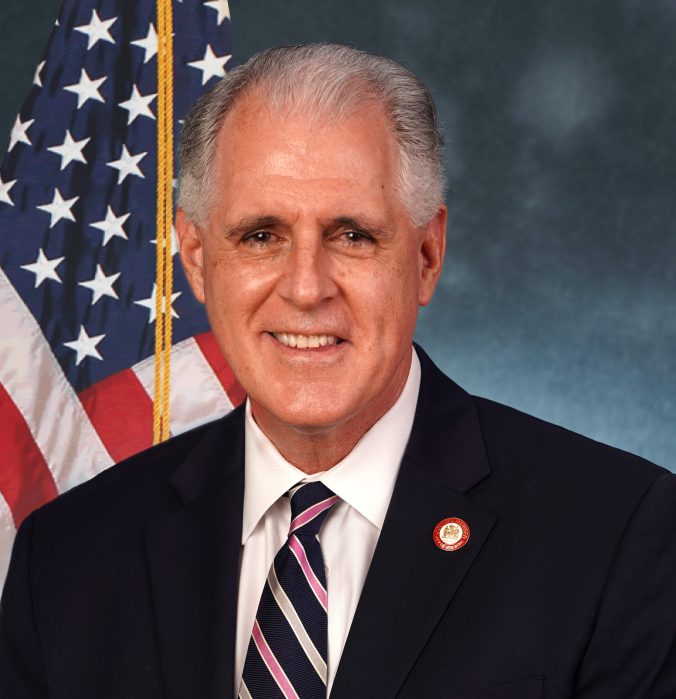By Prem Calvin Prashad
Confirming what advocates and civic leaders had cautioned for years, rents are rising rapidly in Queens, according to an analysis of the New York City Housing and Vacancy Survey, conducted by the Community Service Society. Median rents in Astoria rose a whopping 36 percent from 2002 to 2014, and in that time, nearly 400,000 rent-stabilized units have transitioned to market-rate rents, according to the organization.
“There is a direct connection with the rise in poverty and the rise in rent while wages have remained flat,” noted Richard David, a member of Community Board 9. “Going by the CSS study, rents in South Jamaica have increased as much as 35 percent over 10 years, a trend that is uprooting families who have called this area home all their lives,” David noted.
Housing advocates are pushing back against landlords and the rising rents across the borough, concerned that Astoria’s and Long Island City’s rents will soon be the norm in their neighborhoods. One such group, Chhaya Community Development Corporation, in Jackson Heights, advocates for the South Asian community and is working with other community groups to confront landlords that lapse on repairs and harass tenants.
“There is no average profile of a landlord [in Jackson Heights]. As is the case with most of Queens, we have multiple zones in one given area,” Chhaya’s executive director, Afreen Alam, noted. Yet, in the aftermath of the financial crisis, equity management companies have sought to add properties in Queens to their portfolios.
In Queens, Chhaya, along with community groups Woodside on the Move and Asian Americans for Equality, participate in the Stabilizing NYC coalition, which aims to confront predatory equity management companies in the city. Alam singled out Benedict Realty Group Management as an entity that Chhaya has been organizing against, including a recent protest at 96-10 37th Ave. in Elmhurst.
Nahida Uddin, a community organizer with Chhaya also cited management companies using Major Capital Improvement rent increases for otherwise superficial enhancements as a tactic to hike rents on stabilized tenants. “They’ll do work for $10,000, or maybe not at all, but say they’ve done a half million dollars’ worth of work and then they’re able to increase rent proportional to that,” Uddin noted.
MCIs, which are managed by the state’s Division of Housing and Community Renewal, are intended for major improvements that benefit all tenants at the property. While this includes easily verifiable equipment, such as boilers and elevators, it can also include roofs, pipes, wiring and even mailboxes. In addition, she explained, “while we’re working through that, it’ll be a year, maybe two years and they’ll be slapped with another one.”
Uddin also cited a frivolous fee structure employed by Zara Realty Corporation as predatory to immigrants. Tenants, represented by Queens Legal Services and the Catholic Migration Office, sued Zara Realty in 2012 for harassment and withholding of repairs at one of their properties in Jamaica. Yet, as Uddin notes, “[Tenants] do not challenge the company, they’d rather pay the fee and stay out of trouble.”
Funding is a typical issue for tenant advocacy work, but Chhaya was recently the first-time recipient of a three-year community development block grant from the federal government to continue tenant advocacy work.
After working as a community organizer with Chhaya from 2006 to 2012, Afreen Alam returned as the organization’s executive director three months ago, after working for the National Urban League’s housing and community development program. She was raised in Jackson Heights and attended Newtown High School.
“My priority is to deepen each of Chhaya’s program areas,” Alam noted. “For low-income families, the financial pressure is still there… we need to be able to do something for them.” Alam indicated access to banking tools, protection from scams and building a credit history as vital to ensuring the financial stability of neighborhood residents.
In addition, Chhaya wants to secure permanent space in the community. “We are hoping that the City Council will come through with a capital campaign commitment so that the South Asian community has a space of its own,” Alam said.










